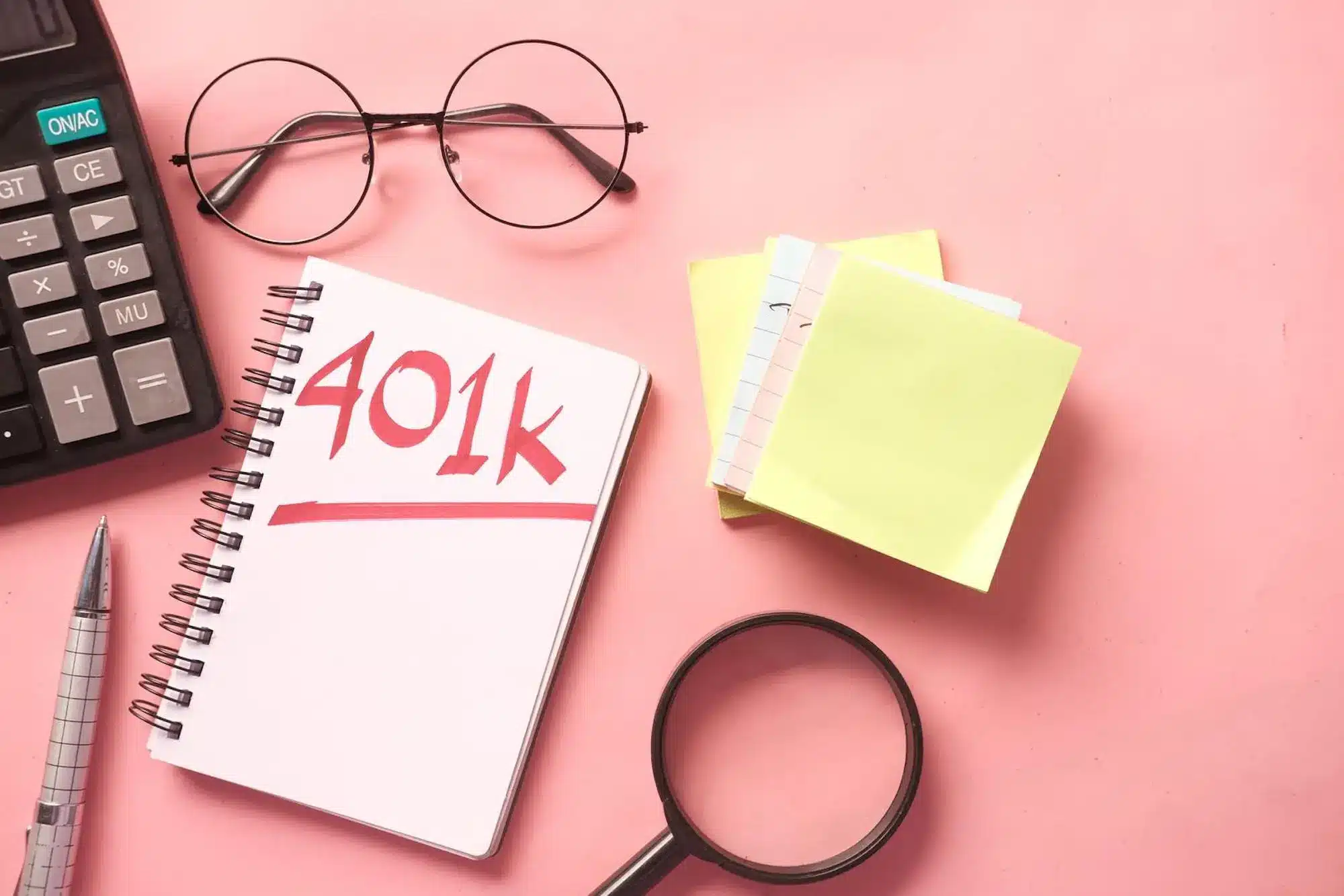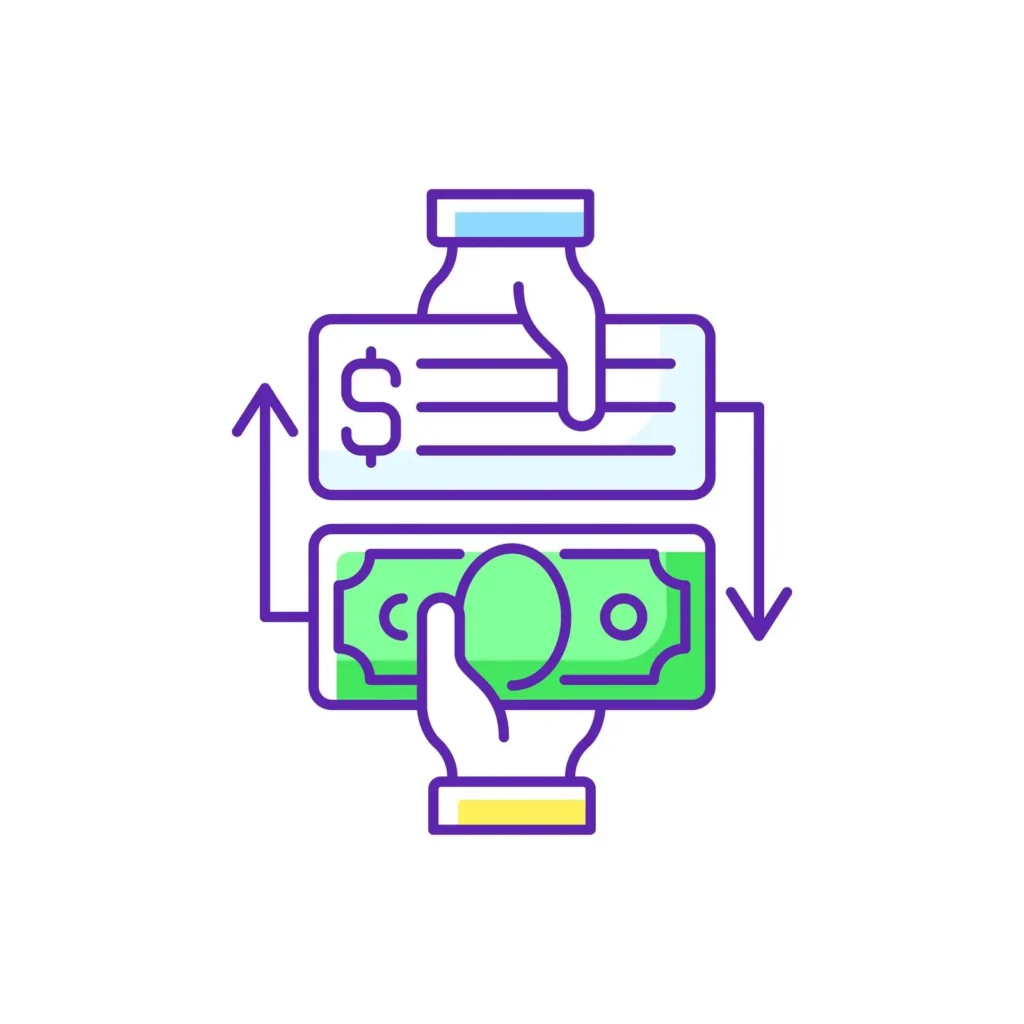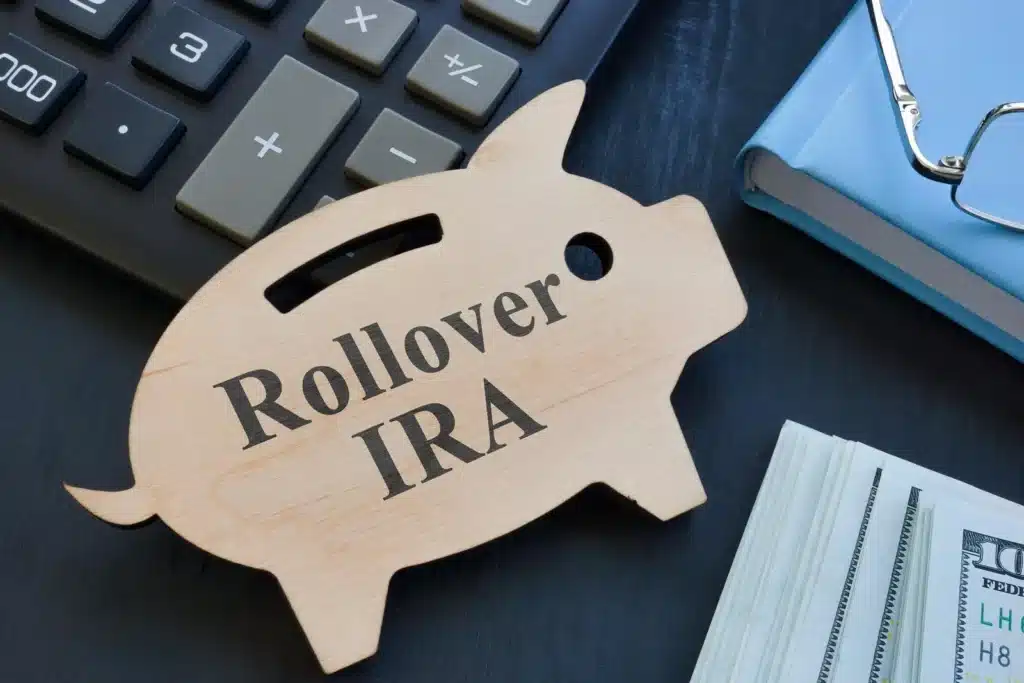
Money Management Tips
What to Do With Your 401(k) From a Previous Employer
When leaving a job with an employer, there are obviously a number of changes you will experience and decisions you will need to make about your future. One such decision that is sometimes forgotten is what to do with the 401(k) you had under your former employer. In addition to any contributions you may have made to your account, you may also have a vested chunk of matching funds or even profit sharing in your 401(k). You certainly don’t want to lose those funds but it may not be obvious what to do to preserve it.
So, do you cash it out, leave it be, or roll it over into an IRA? Let’s take a look at each of these options and some considerations that come with each.
3 Options for Your 401(k) After Leaving a Job

Cashing Out Your 401(k)
Recently, a report from Harvard Business Review looked at this very matter. According to the study, 41.4% of employees end up cashing out their 401(k)s when they leave a job. Given how common this is, you might assume that this is the easiest and best way to handle your account. Unfortunately, that couldn’t be further from the truth
Unless you’re retiring, cashing out your 401(k) when leaving a job is rarely if ever a good idea. In addition to the taxes you’ll have to pay on the money you collect, you’ll also be assessed a 10% early withdrawal penalty. Of course, an early withdrawal also means that the money is no longer working and growing in the market. In other words, you’re essentially stealing from your future self.
Of course, there are reasons why people might be opting to cash out their accounts when leaving an employer. In some cases, they might simply need the money. While this isn’t ideal, it is an uncomfortable reality.
Another reason why former employees might take their 401(k) cashout is simply that they’re forced to. If your balance is below a certain threshold (usually $1,000), you may not have any other option but to take a distribution. The good news is that, if this happens to you, you may be able to still rollover the funds to an IRA if you deposit them in an eligible account within 60 days.
Something else to be aware of is that if you have an outstanding loan from your 401(k) account at the time you leave your job, you will typically need to pay back the balance within 60 days. If you fail to pay it back in that time it will be accounted for as a withdrawal and that 10% penalty (and the appropriate taxes) will apply.
Keeping Your 401(k)
Depending on your employer’s rules and the balance of your account, you may have the option to keep your 401(k) as it is. This could be a good option if you are happy with how your funds are invested and with the returns you’re getting. In these cases, and depending on your situation and personality, it might make sense just to leave your retirement savings on “auto pilot.”
On the other hand, there are downsides to this plan as well. For one, the fees charged by your 401(k) plan provider may be high compared to other options. Even if these fractions of a percent sound small, they can add up to a much larger sum over the course of time. Therefore, you might want to take a closer look at your plan fees to determine the best course forward. On that note, the free tool Empower Personal Dashboard (formerly Personal Capital) offers a feature that will assess your account and highlight how the fees could impact your future returns.
Another option is that, in some cases, you may be able to combine the 401(k) from your old employer with that of your new employer. However, the most popular option for what to do with a 401(k) is to roll it into an IRA.

Rolling Over to an IRA
Unlike 401(k)s that typically only have a few options for investing, IRAs have much more flexibility. This allows you to be as hands-on as you want with your investments and tailor them to your risk tolerance. For example, you could put your money into mutual funds similar to a 401(k), create a portfolio of ETFs or index funds, select individual stocks, or even make alternative investments via a self-directed IRA. The other advantage to an IRA is that you can be more aggressive with your investments when you’re younger, but move your money to more conservative investments as you near retirement.
The good news is that you don’t have to make a decision right away. Unless you have an outstanding loan from your 401(k) that you will need to pay back or you take a distribution, you can keep your account where it is until you’re ready to move it. Meanwhile, if you did take a distribution but decided to do a rollover instead, you have only 60 days to place the funds in an IRA. Even with that potential deadline, the best thing to do is to look at all of your options and choose the one that’s best for your individual needs.
When preparing to leave a job and move on to your next chapter, the matter of what to do with your 401(k) might not exactly be top of mind. Despite this, it is important to consider which of these options is best for you. In most cases, keeping your 401(k) where it is or rolling your account over to an IRA is most advisable, as cashing out your account before retirement age can have tax implications and other penalties. However, by being aware of these potential pitfalls and planning ahead, you can help ensure that your hard-earned funds end up in a good place and can continue growing until you’re ready to retire.





